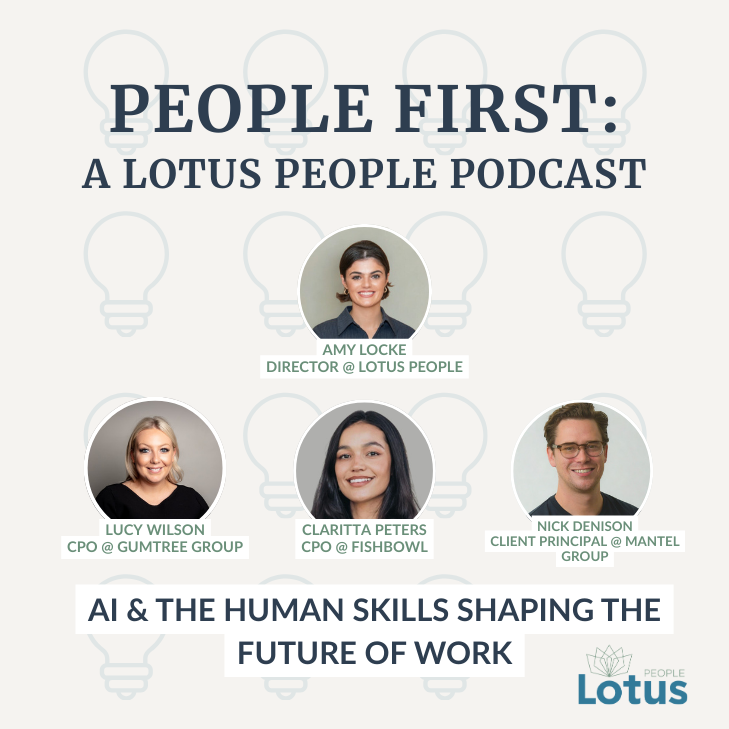The employment market is continuously changing, so understanding the drivers and motivators influencing an employee or candidate is paramount for businesses striving to attract and retain talent.
Recent findings from our market insights survey shed light on the shifting priorities shaping the current job market, showing results that vary from the top candidate drivers of 2023.
According to our survey results, the top five drivers and motivators for employees and jobseekers in today's market are as follows:
- Compensation/Salary Package - 64.7%
- Company Culture and Values - 47%
- Professional Growth and Personal Development Opportunities - 45.1%
- Remote and Hybrid Working Policies - 39.8%
- Work-Life Balance - 38.7%
What's particularly noteworthy is the subtle yet significant shift in priorities compared to the data from 2023. Whilst compensation has always been a key motivation for candidates, its importance has notably increased, emerging as the top priority for most employees and jobseekers.
Equally significant is the emphasis placed on company culture and values, which have risen to become the second most influential factor driving employment decisions. This shift highlights the increasing importance individuals place on aligning with an organisation that shares their values, vision, and ethos. In today's competitive job market, candidates seek more than just a paycheck; they crave a sense of belonging and purpose within their workplace community.
On the other hand, whilst remote and hybrid working policies remain important considerations, their ranking has slightly decreased compared to the previous year. This trend suggests that whilst flexibility in work arrangements remains desirable, it may no longer be the primary driving factor for many candidates, as we have long emerged from the days of pandemic.
The findings from our market insights survey highlight a fundamental truth: the landscape of candidate and employee preferences is continually evolving. Employers must adapt their recruitment and retention strategies to align with these shifting priorities, placing greater emphasis on competitive compensation, fostering a positive company culture, and providing ample opportunities for professional growth and development.
As businesses navigate the complexities of effective recruitment and employee management, understanding and responding to the evolving needs and desires of the market will be essential in attracting and retaining talent and fostering long-term organisational success.
As we move forward in 2024, it's imperative for businesses to prioritise not only meeting but exceeding the expectations of their workforce, creating environments where individuals feel valued, supported, and empowered to thrive.
By staying attuned to the evolving landscape of candidate drivers and motivators, organisations can position themselves as employers of choice in an increasingly competitive marketplace.
If you’re interested in learning more about our survey findings, download a copy of our Market Insights report below!
You may also like...





